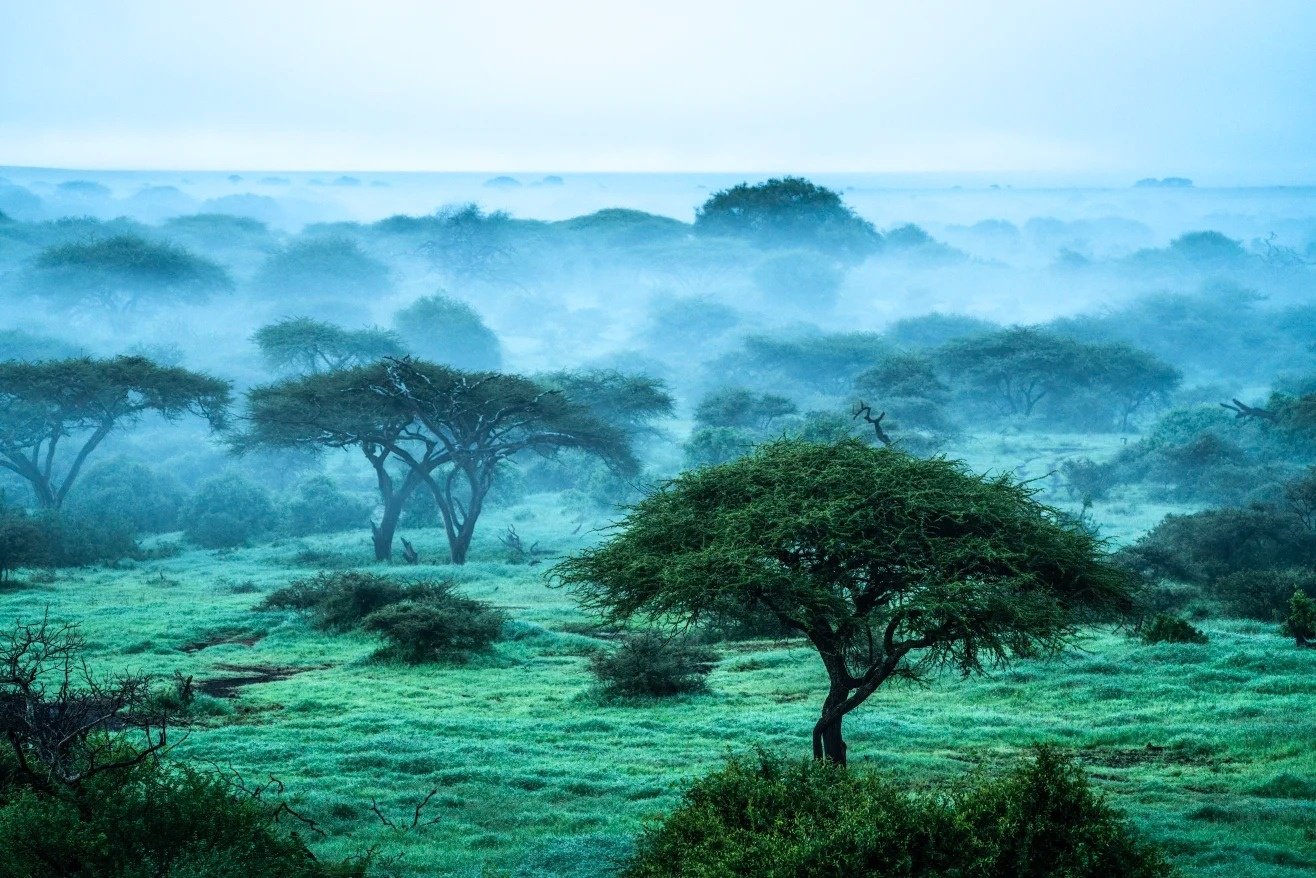
|
Photographer and conservationist Beverly Joubert was lucky to survive four near-death experiences while working in Botswana in March 2017. Accompanying her on that journey was Derek Joubert. The South African couple, National Geographic's "lifelong explorers," have lived in Botswana for 40 years, documenting the wildlife through a series of photographic works and more than two dozen documentaries. They have just released a photo book, Wild Eye: A Life in Photographs , a selection of Beverly's most memorable frames. |
|
The accident happened while they were in the Okavango Delta. A buffalo knocked Dereck down, then charged at Beverly. The buffalo's horns went under her arm, through her chest, slit her throat, and impaled her face. "Beverly died in my arms twice, and I pulled her back," Dereck told CNN . "And then she died again on the medical plane, and then again in the hospital." Here, wildebeest gather on the banks of the Mara River, Kenya, in 2024. |
|
Seven surgeons and 18 hours later, Beverly Joubert began a lengthy recovery. “I now have 41 screws and seven plates on my face – I’m almost robotic,” she said. “I shouldn’t have survived,” she said. But instead of leaving the wild, the accident only reinforced their commitment to conservation. |
|
In the book, besides familiar frames such as antelopes crossing rivers or leopards, there are also shocking moments such as a series of photos of lions hunting elephants at night. "We only heard about it, but never saw it," Dereck said. In the dry season of 1997, at the Savute water hole (Chobe), lions started hunting lost baby elephants and then attacked adult elephants. "At 2 o'clock, they rushed at a 21-year-old female elephant," Beverly said. The fierce battle ended with the lions winning. According to the Jouberts, these rare moments can only be recorded after many years of living in the wild. "That's our life. There is no secret other than time," Dereck said. |
|
Their long-term association allowed them to bond with a few special individuals. One was Legadema, a leopard whose mother had abandoned him after a failed hunt. Legadema had just killed the mother of a newborn baboon, and the couple thought the cub would share the same fate. Instead, “he cuddled and cared for the little baboon,” Beverly says. “That’s what makes the image so iconic,” Dereck says. “It makes you wonder: what happened before, and what will happen next?” |
|
Despite warning against anthropomorphizing animals in the documentary, Dereck still believes the similarities cannot be denied: "They are mammals like us. They have emotions, memories, the ability to communicate. Elephants can think about the past, present, future... Many of those sacred emotions are not unique to humans." |
|
Living in the wild, they are all the more heartbroken to see the decline of wildlife . In Africa, lions have disappeared from 95% of their former range, cheetahs have lost 90%, and leopards and other big cats are in sharp decline. “You have two ways to react,” says Dereck. “One is to think: It’s over. The other is to ask: What can we do?” They choose the latter. |
|
Nearly 20 years ago, the Jouberts began leasing land from governments and communities, creating Great Plains Conservation – a safari network that now operates in Botswana, Kenya and Zimbabwe. |
The 15 safari camps employ around 1,000 people, forming an economic model revolving around nature conservation, helping to limit poaching. They are managing more than 1.5 million hectares of wilderness. |
|
Profits go to the Great Plains Foundation to support the Big Cats Initiative and other conservation programs. They also conduct a series of large-scale animal relocations, such as the transport of 100 elephants in Zimbabwe and the transfer of 87 rhinos to an undisclosed location in Botswana by plane and helicopter between 2016 and 2018. |
|
The relocation was extremely expensive: about $10,000 to move an elephant and $45,000 for a rhino. But the results were clear: from the 87 rhinos brought to Botswana, 90 calves were born. |
|
They raise $3-10 million a year for conservation and community support. Great Plains has built schools, created educational opportunities, and provided 7.8 million meals for Maasai children in Kenya. In addition, their films and photography are their legacy. |
|
“Our lives should be built on kindness and compassion – for elephants, for children, for old ladies, for rhinos. We often abandon those in need,” said Dereck. |
|
Looking back on their careers, they have a message for their younger selves: “Live life to the fullest, be curious, and speak up,” Beverly says. “If you stay silent, animals—and the world—will disappear.” “Do the same things that happened in your life. You will get hurt, gored by elephants, chased by buffalo, crash a few planes, get bitten by scorpions and snakes. Don’t change a thing, it’s a perfect life.” |
Source: https://znews.vn/cap-doi-danh-4-thap-ky-ghi-lai-cuoc-song-dong-vat-hoang-da-o-chau-phi-post1605148.html


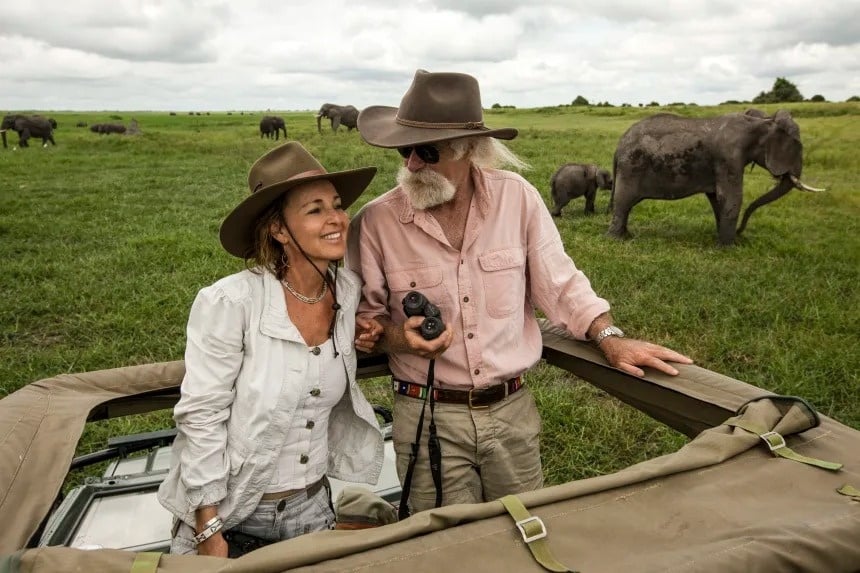
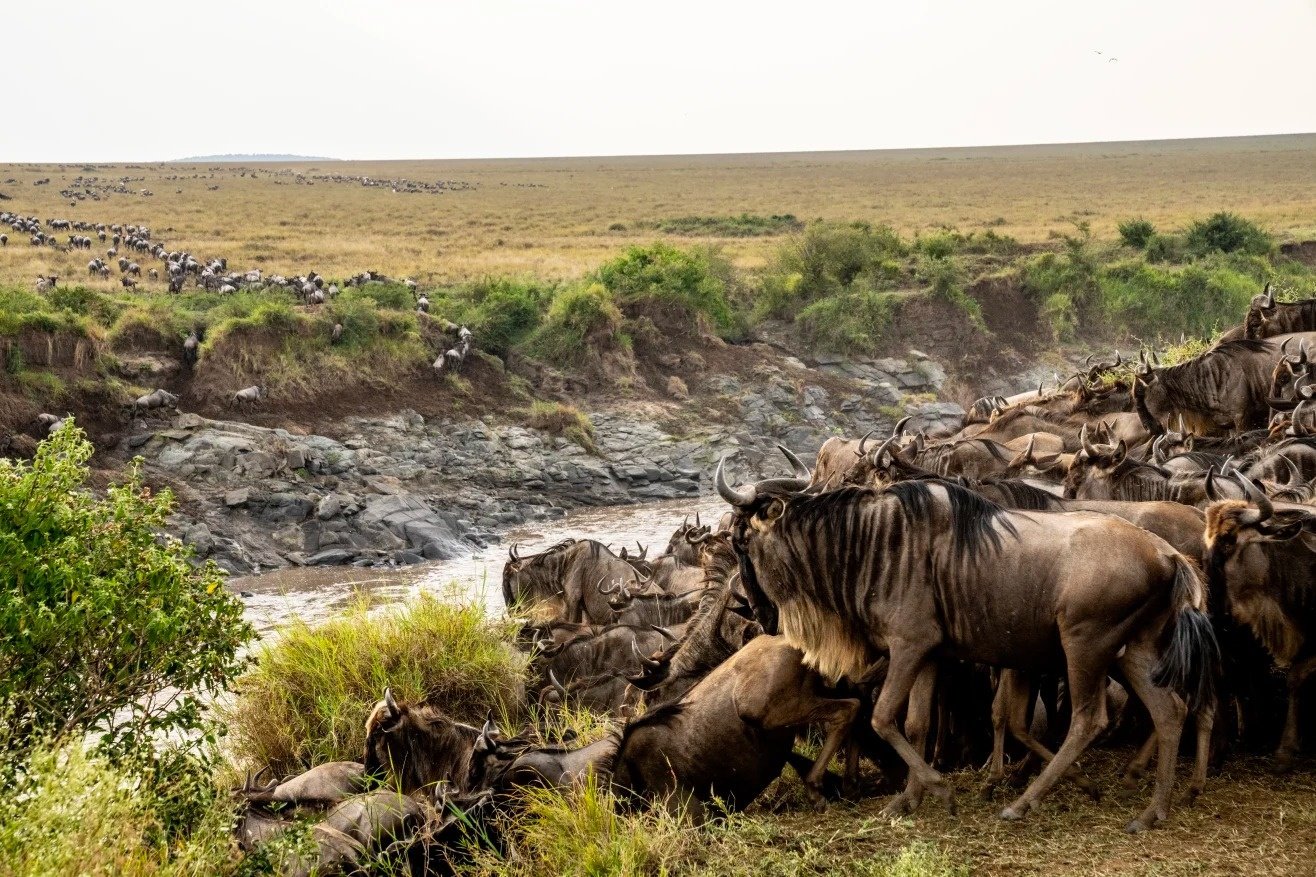
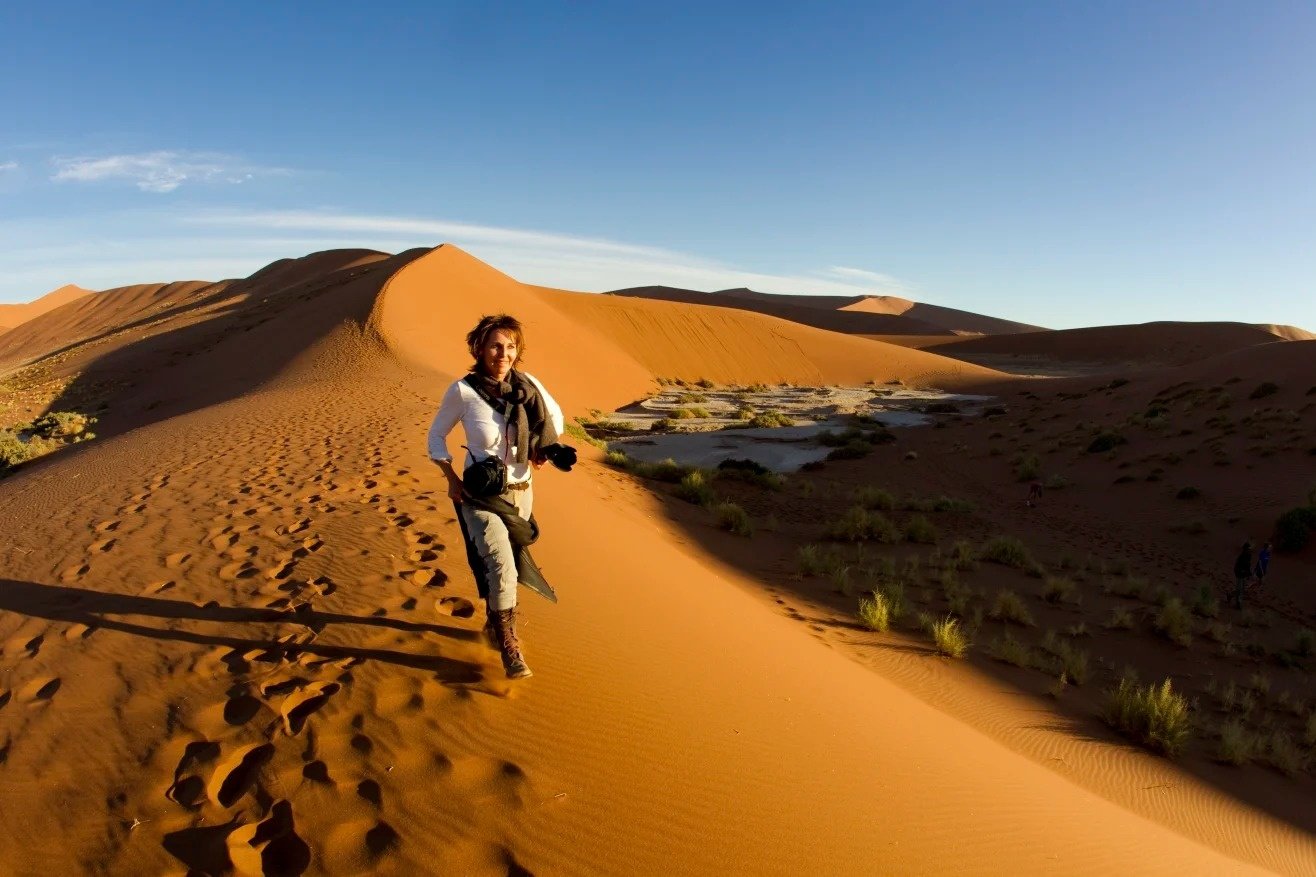
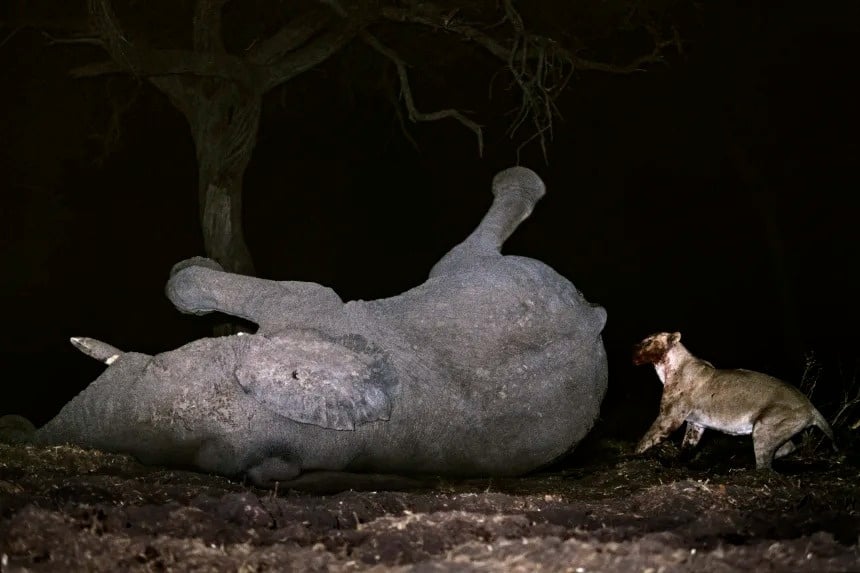
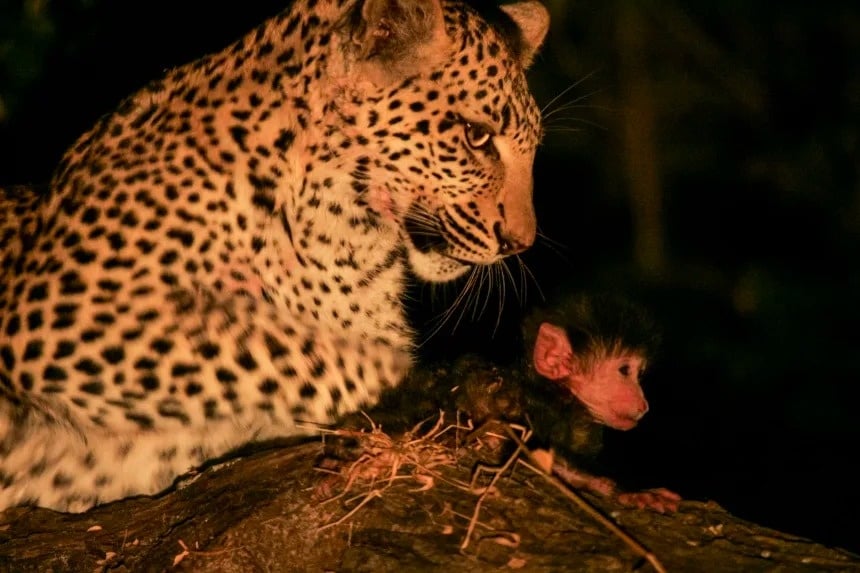
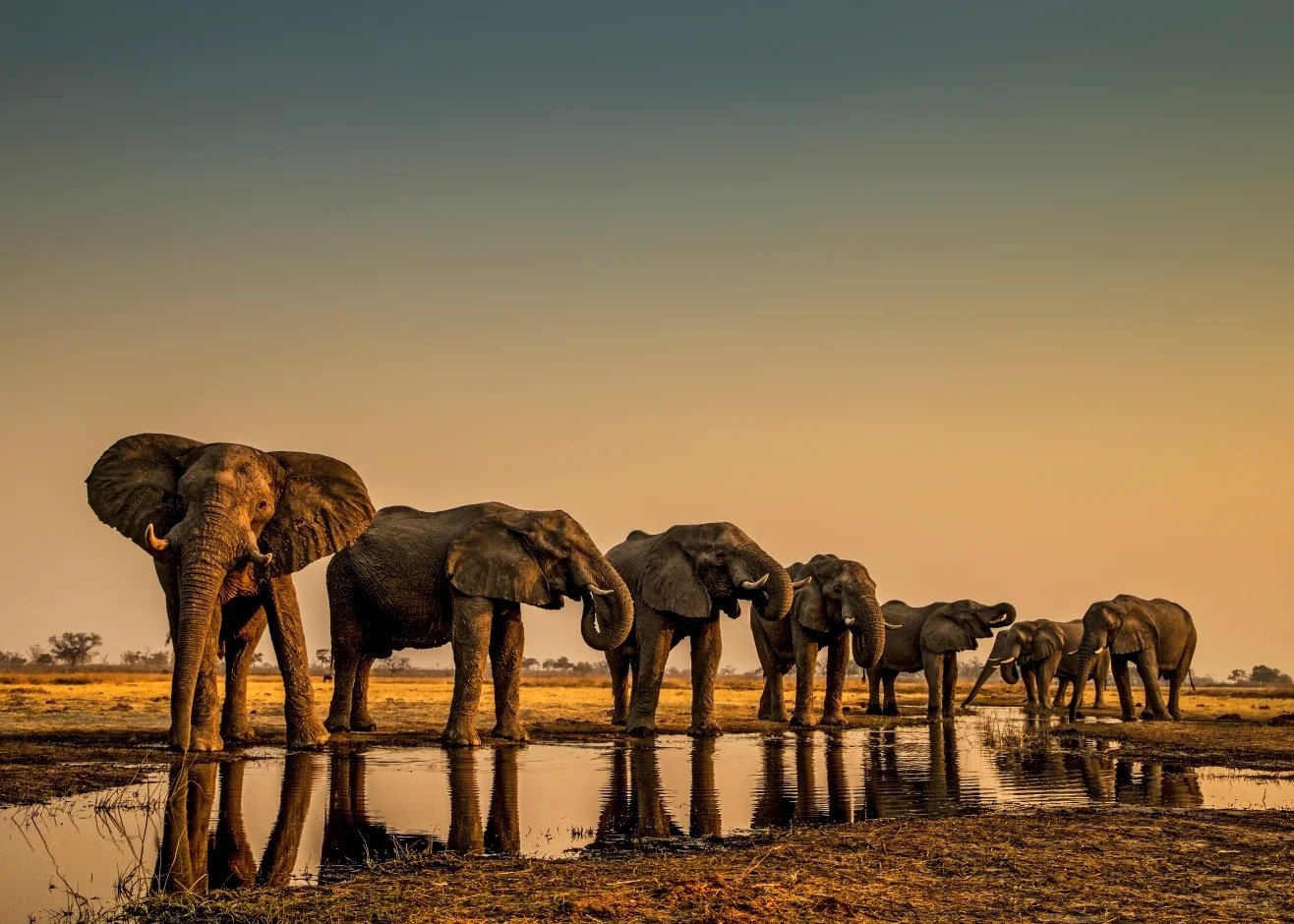
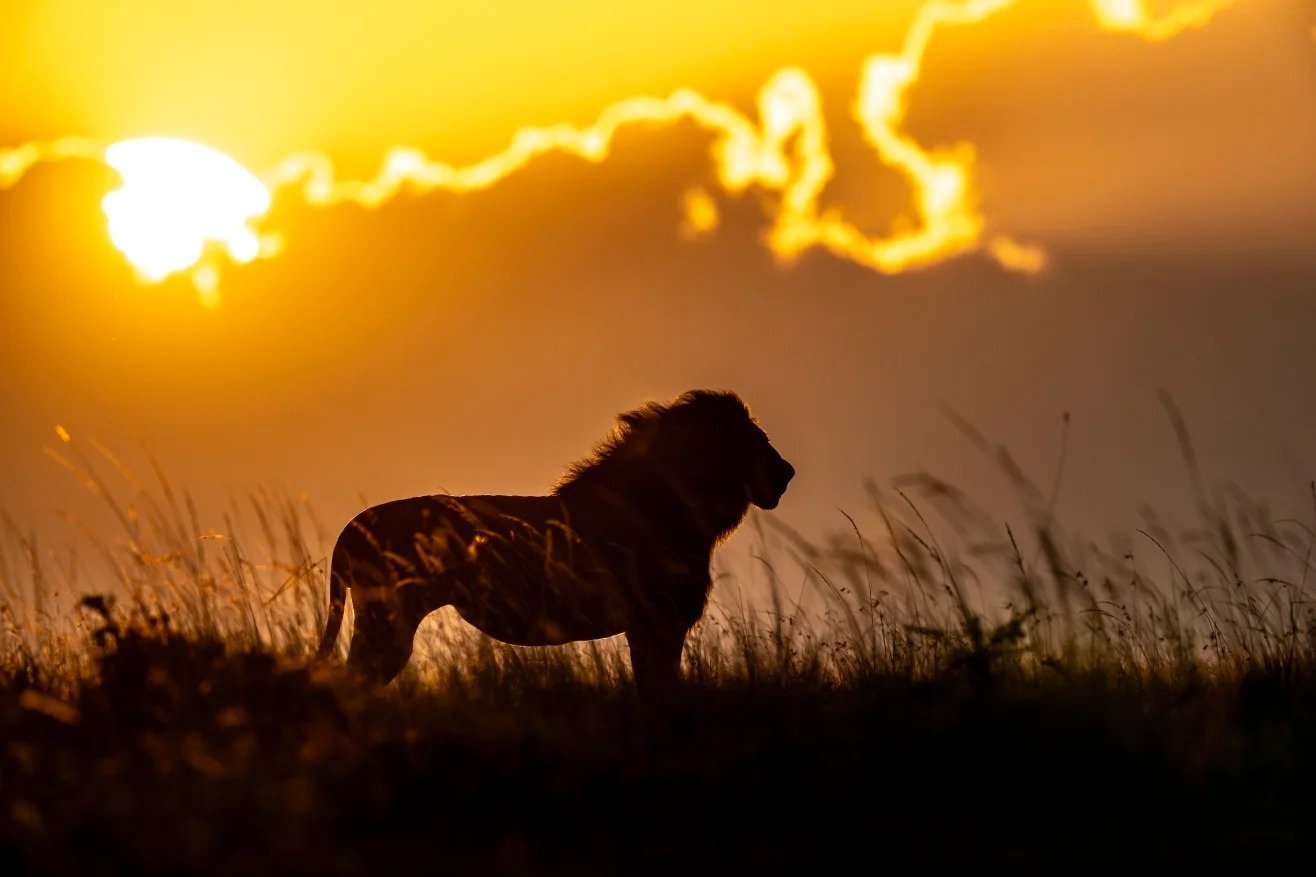
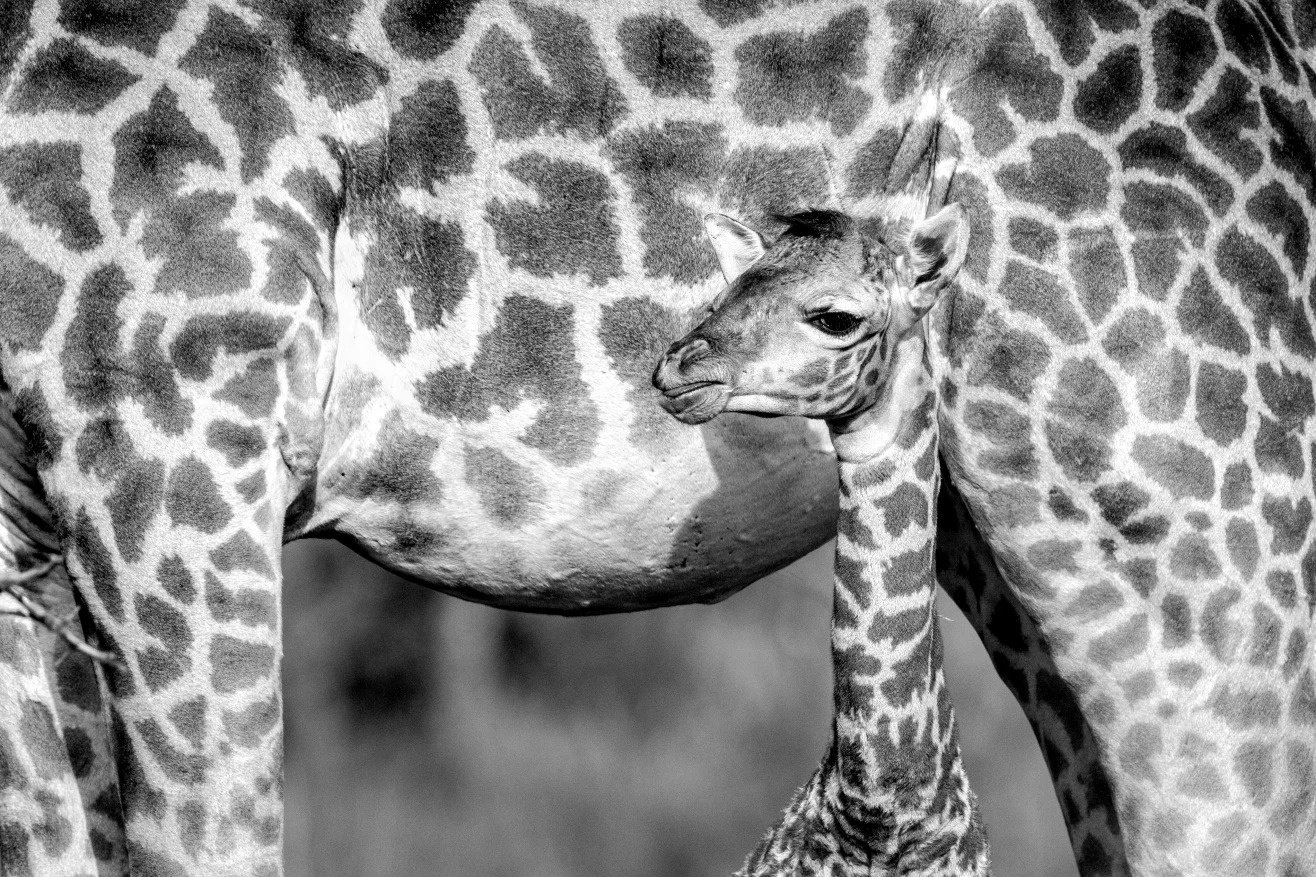
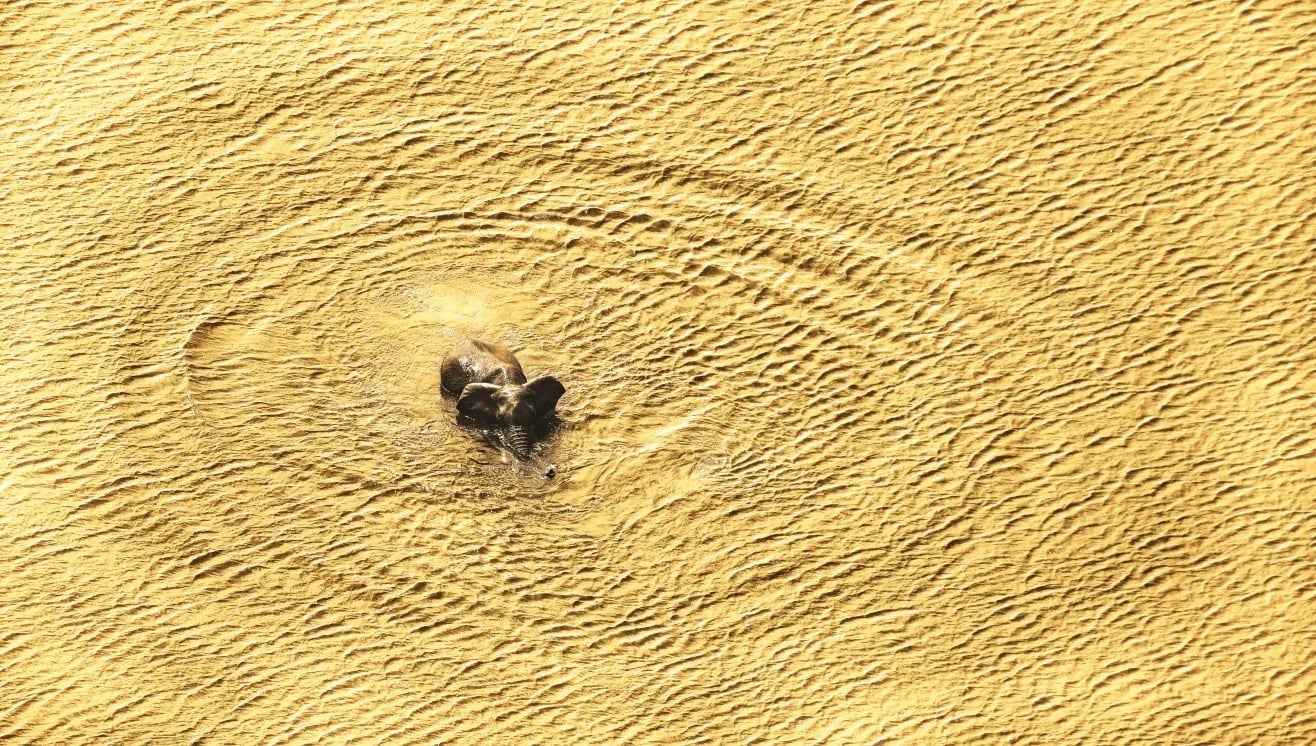
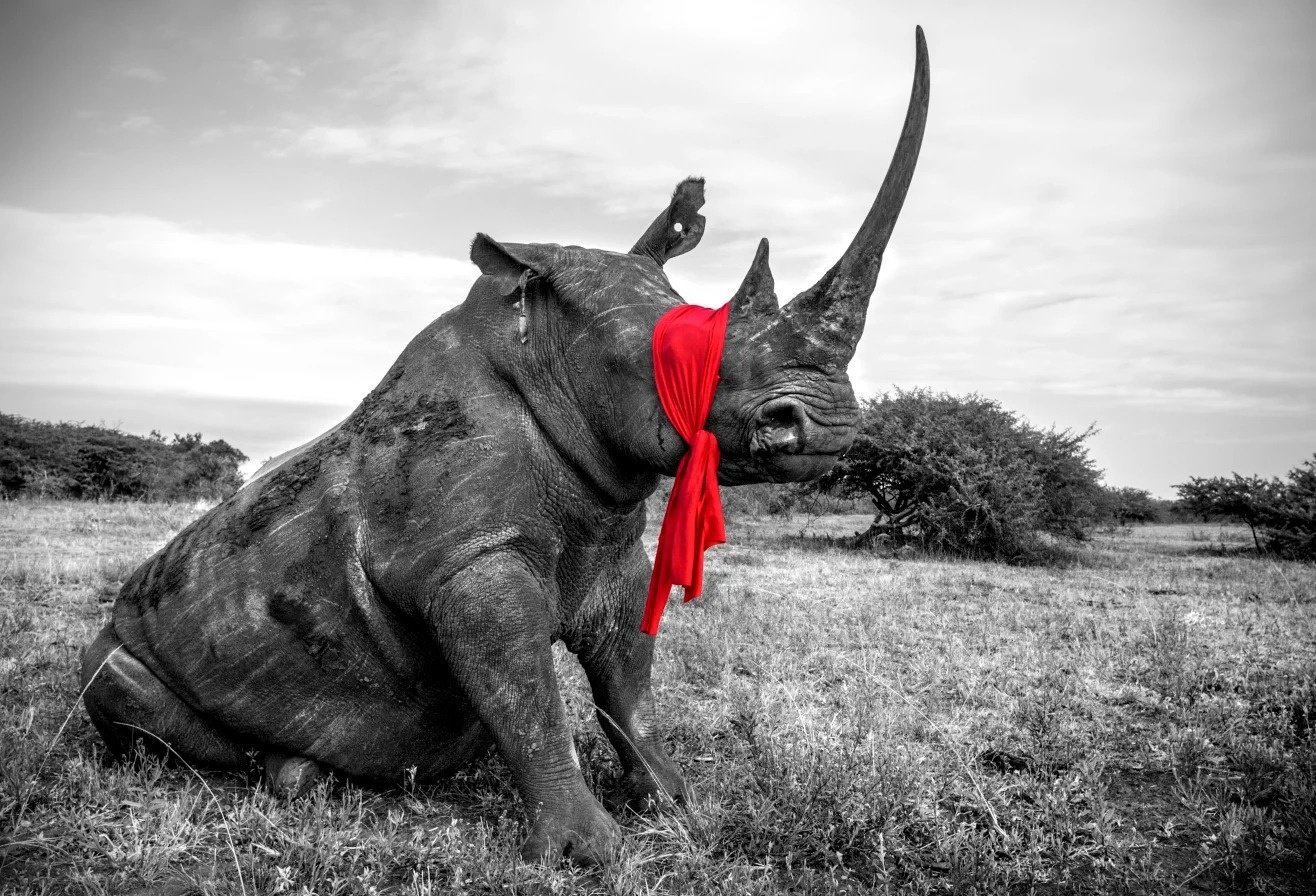
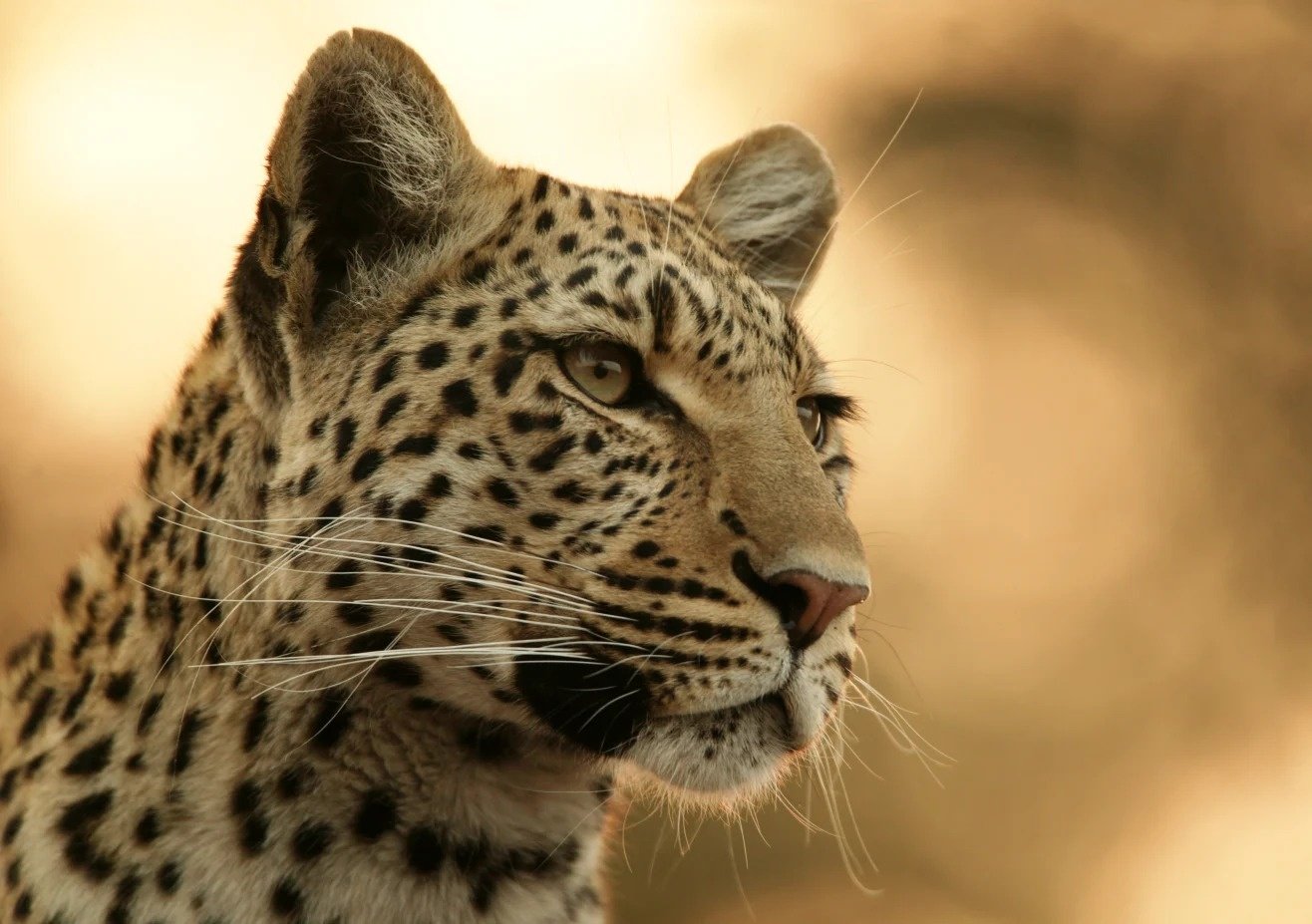
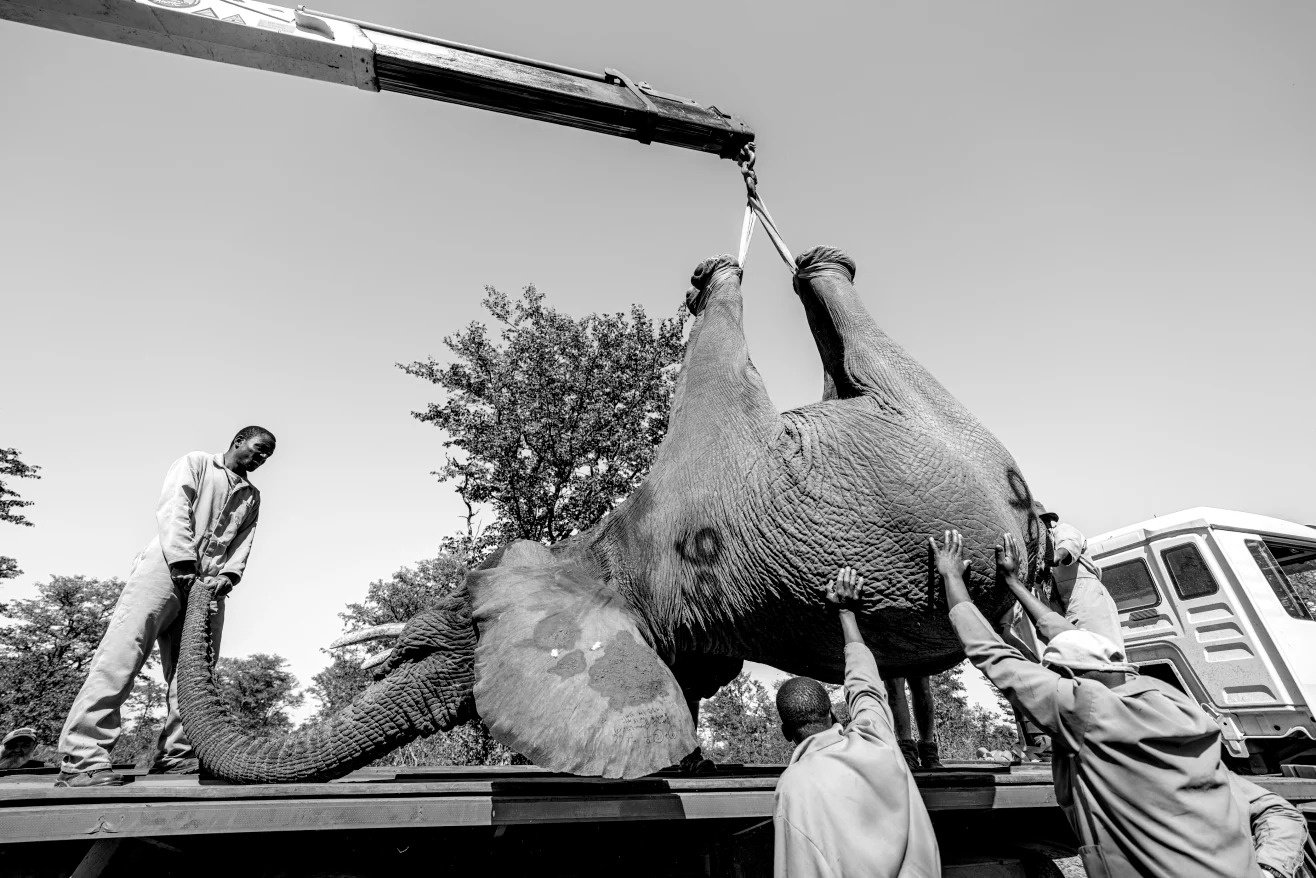
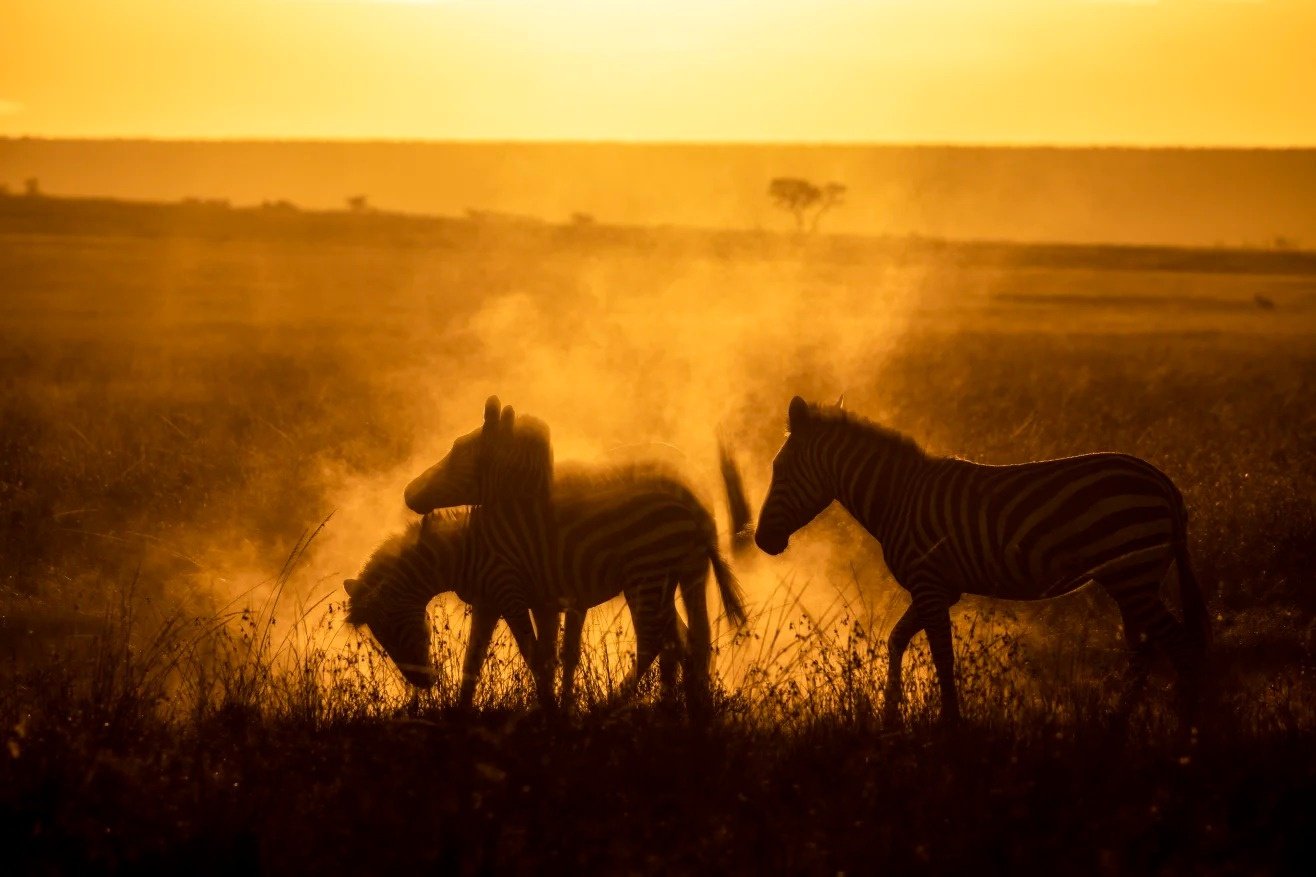

![[Photo] Close-up of Ba Ha River Hydropower Plant operating to regulate water to downstream](/_next/image?url=https%3A%2F%2Fvphoto.vietnam.vn%2Fthumb%2F1200x675%2Fvietnam%2Fresource%2FIMAGE%2F2025%2F11%2F25%2F1764059721084_image-6486-jpg.webp&w=3840&q=75)


![[Photo] Prime Minister Pham Minh Chinh receives Governor of Gunma Prefecture (Japan) and Special Advisor to the Japan-Vietnam Friendship Parliamentary Alliance](/_next/image?url=https%3A%2F%2Fvphoto.vietnam.vn%2Fthumb%2F1200x675%2Fvietnam%2Fresource%2FIMAGE%2F2025%2F11%2F25%2F1764066321008_dsc-1312-jpg.webp&w=3840&q=75)

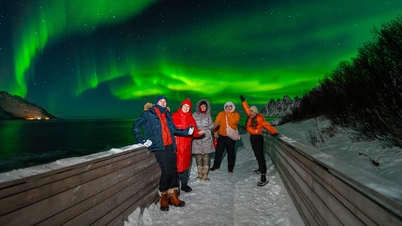




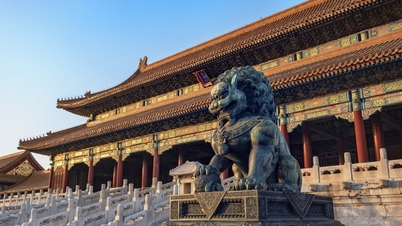

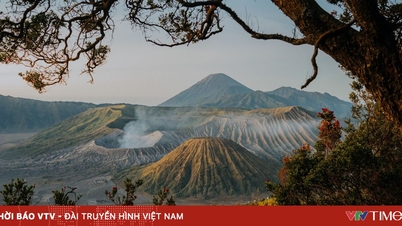











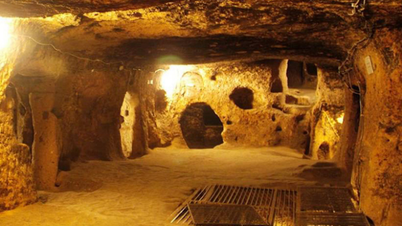

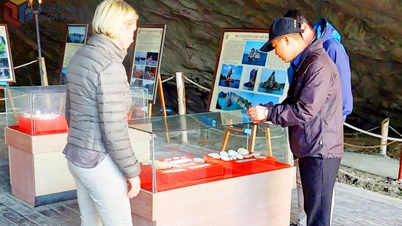

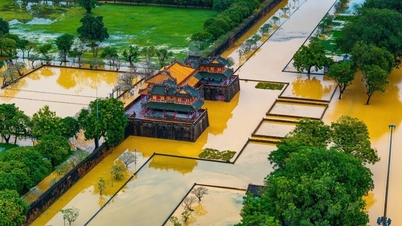

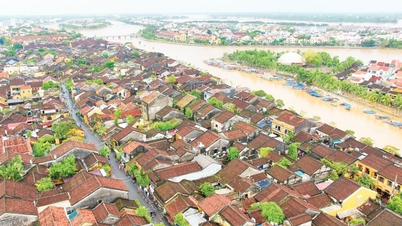

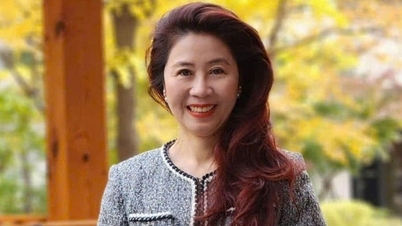
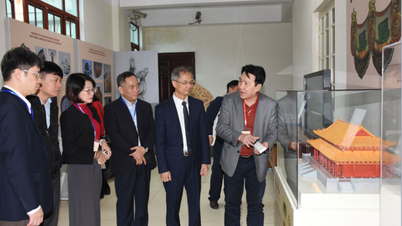

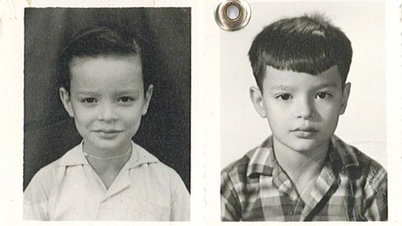

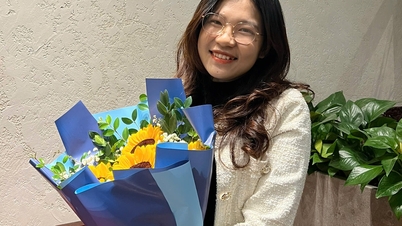



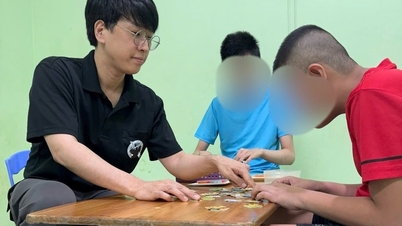




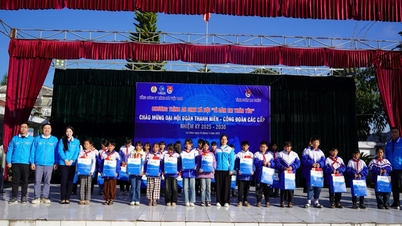
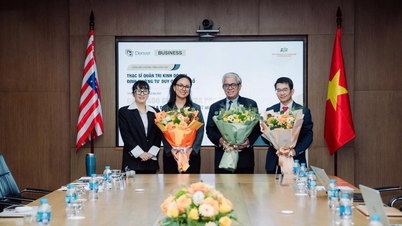

![[Answer] Should I install an elevator for an old renovated house?](https://vphoto.vietnam.vn/thumb/402x226/vietnam/resource/IMAGE/2025/11/25/1764039191595_co-nen-lap-thang-may-cho-nha-cai-tao-cu-khong-04.jpeg)





























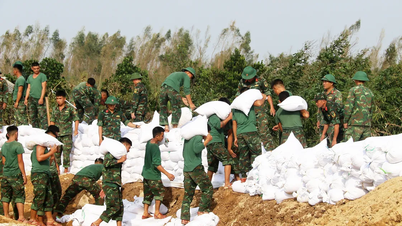


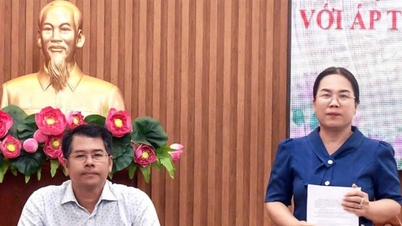

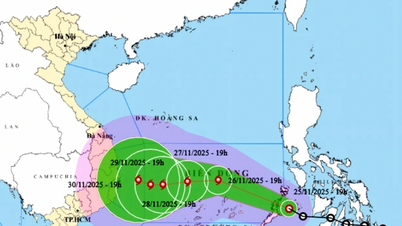















Comment (0)